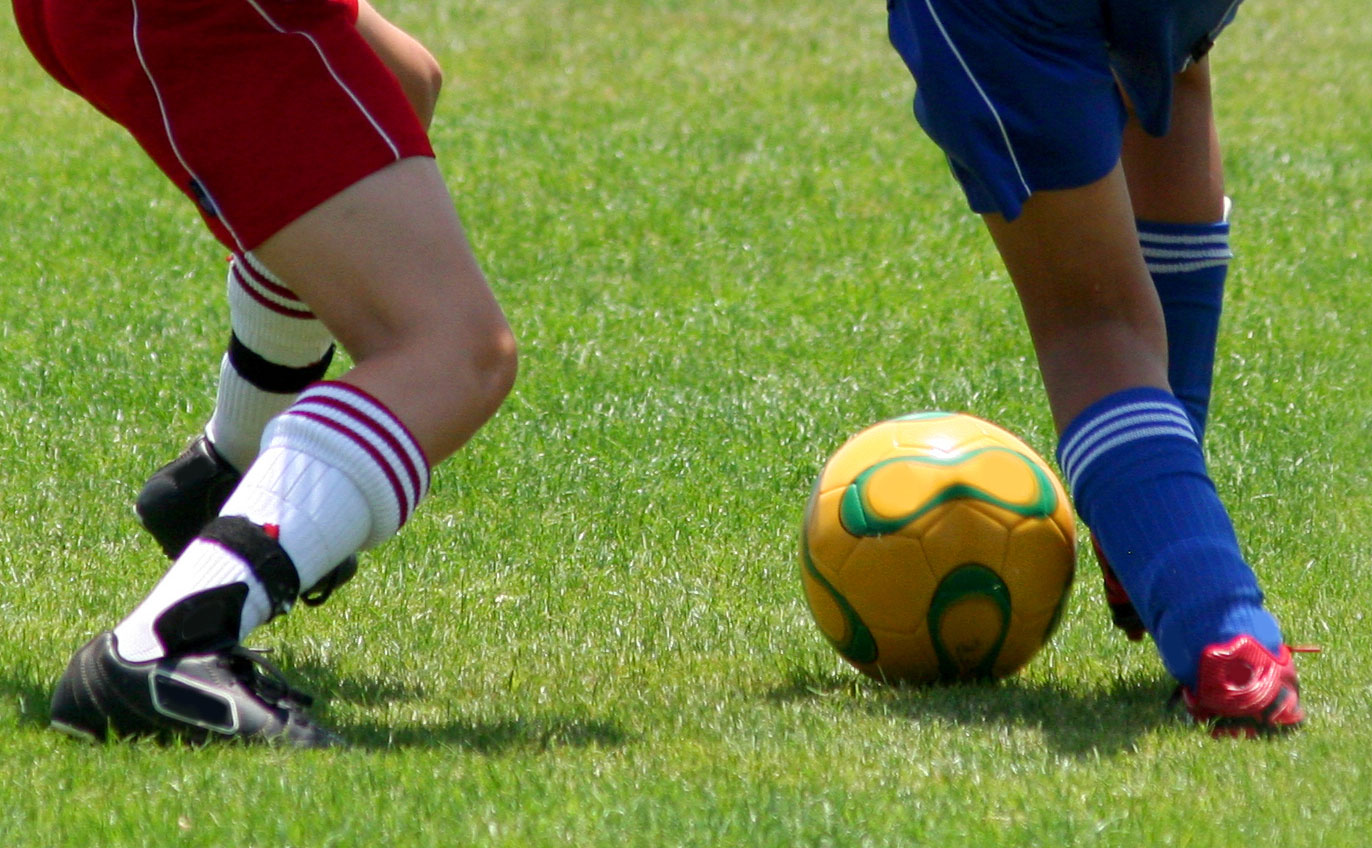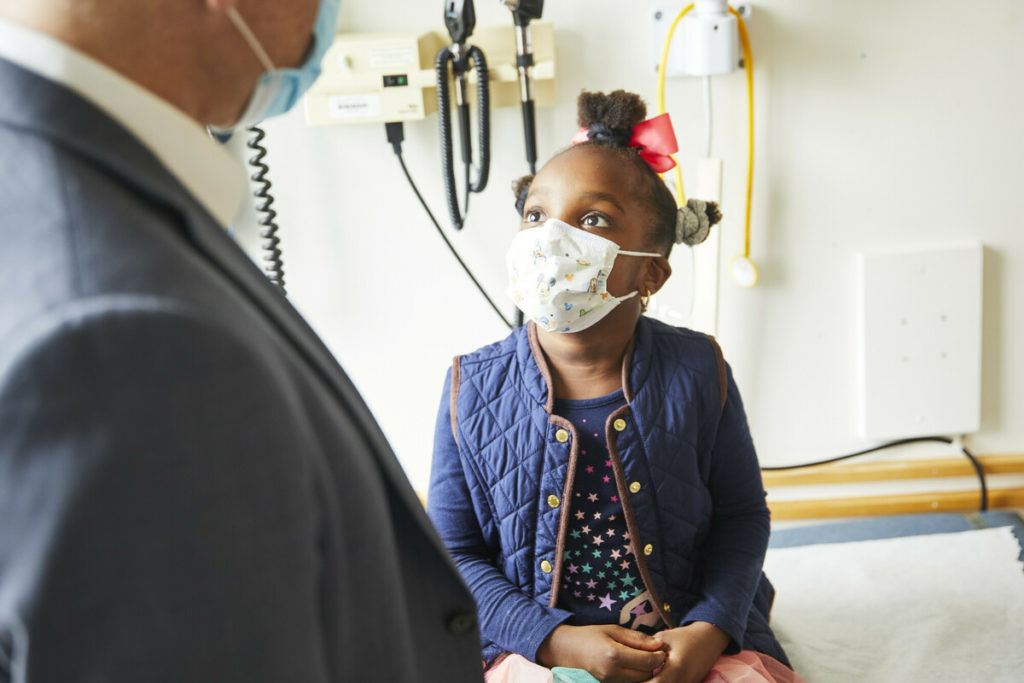 In a natural and happy collaboration, one of New England’s premier youth soccer clubs is scoring goals to support sports concussion research at MassGeneral Hospital for Children (MGHfC).
In a natural and happy collaboration, one of New England’s premier youth soccer clubs is scoring goals to support sports concussion research at MassGeneral Hospital for Children (MGHfC).
“A primary goal for the Boston Bolts is to help young soccer players develop in both sports and life.”
For a decade, the Boston Bolts have held their annual 24-hour Soccer Marathon to raise funds for various causes. This year, they gave $15,000 to MGHfC’s Young Investigator Program. The new initiative promotes early-career researchers who are looking to advance concussion care and rehabilitation.
“A primary goal for the Bolts is to help young soccer players develop in both sports and life,” says Grant L. Iverson, PhD, director of the MGHfC Sports Concussion Program. “Their generous contribution is going to help develop future healthcare research leaders.”
How It Came to Be
The Boston Bolts have approximately 98 teams, with players ranging from 5-19 years old. The marathon is a running, internal scrimmage, with all the teams playing 7-on-7 games. Music is on. Prizes are awarded and, for one time each year, all club members are together in the same place, says Susan Siegel, the Bolts’ general manager. In 2019, The Bolts Soccer Marathon will be held February 1, at Mount Ida College in Newton, Massachusetts.
In the past, the Bolts have supported breast cancer research and the Special Olympics. In searching for a new cause this year, Ms. Siegel says, the club wanted one that is Boston-founded, Boston-based, and international in reach. It should also have a strong connection for the players.
They didn’t have to look long or far.

MGHfC already provided the club’s medical care, and after a discussion with the hospital’s development office, the idea of supporting sports concussion work was quickly adopted.
“There’s a natural synergy, and we’re really fortunate to be able to partner with a facility that’s in our backyard and is the best in the world,” Ms. Siegel says.
Already, she’s seen the influence of the association with MGHfC. Players can easily shrug off injuries, but instead, they readily admit symptoms. They know the dangers of concussions. They’ve been impacted and their friends have been as well. “It’s their issue,” Ms. Siegel says.
Sports Concussion Research
A concussion is a mild traumatic brain injury caused by a biomechanical force passing through the skull and into the brain. An estimated 33 million children worldwide sustain a concussion annually, Dr. Iverson says. Soccer itself has a high rate of sports concussion with its fast movement and potential for head collisions with the ground, a knee, shoulder or another head.
For a long time, sports concussions were underappreciated, but the Bolts’ commitment demonstrates that’s changed. “It shows how far we’ve come in a decade in identification,” Dr. Iverson says. “If the athlete is removed from play immediately, the prognosis for recovery is better than for someone who stayed in the game and tried to play through it.”
Since it started in 2016, the Young Investigators Program has supported 19 researchers from the United States, Canada, Finland and Australia. They have presented 40 studies at regional, national and international conferences and published 24 articles in medical and scientific journals, Dr. Iverson says.
Initiatives with Great Potential
The $15,000 from the Bolts will allow that work to grow. The MGHfC researchers will be able to travel and collaborate with national and international colleagues engaged in cutting-edge clinical research. The money will help expand the research network and recruit investigators who are eager to advance the field.
“There’s great potential with all of these initiatives,” Dr. Iverson says. “We can make more precise diagnoses, reduce the burden from the injury on athletes and their families, and promote a faster and more complete recovery.”
For more information about sports concussion or to make a donation, please contact us.



